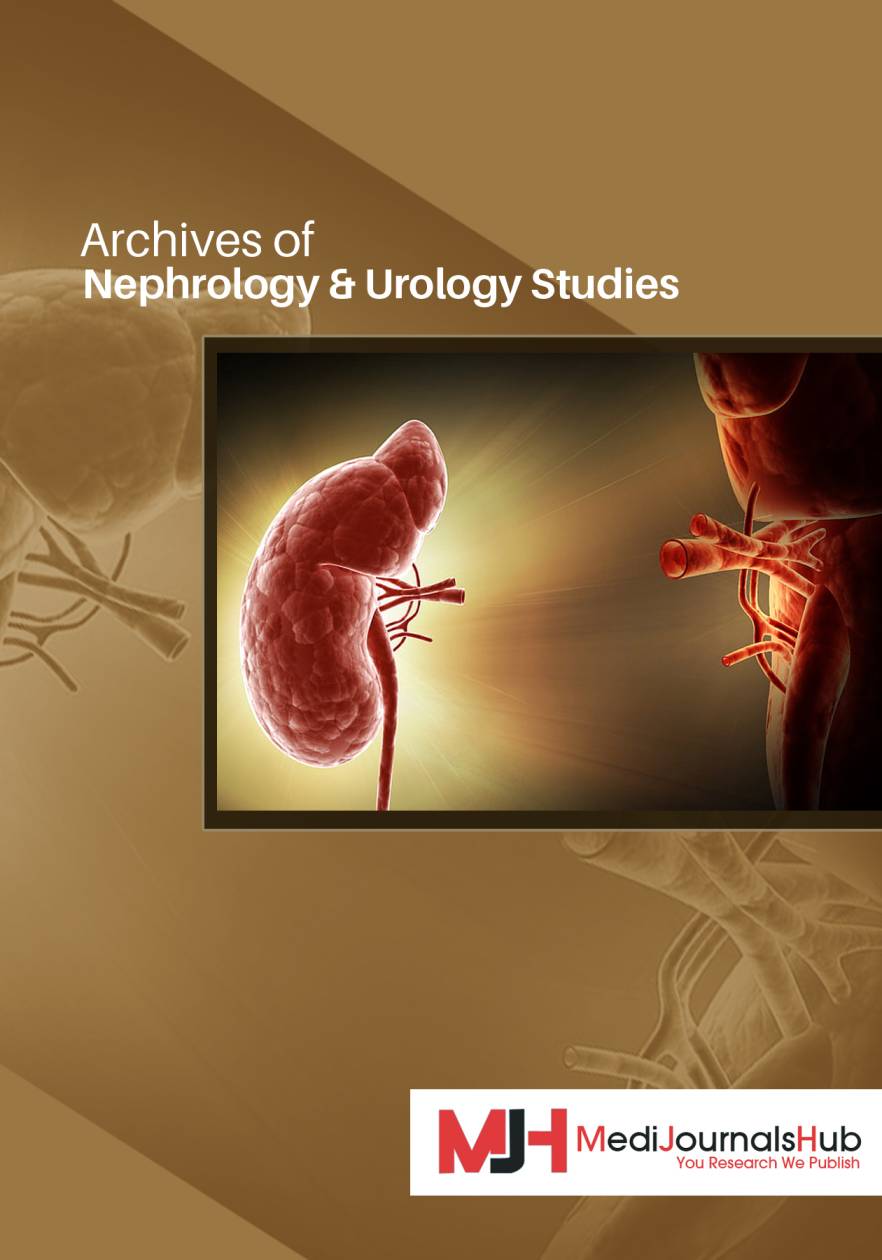- Open-Access Publishing
- Quality and Potential Expertise
- Flexible Online Submission
- Affordable Publication Charges
- Expertise Editorial Board Members
- 3 Week Fast-track Peer Review
- Global Visibility of Published Articles
Influence of Ventricular Ectopic Beats in Patients with Congenital Heart Disease
Liska J Hoppe Franziska Markel Anna Michaelis Michael Weidenbach Ingo Daehnert Frank-Thomas Riede Roman A Gebauer Christian PaechAbstract
Context: Isolated Premature Ventricular Contractions (PVCs) in children are generally regarded as benign. Although PVCs have been shown to correlate with impaired cardiac function in adults, this correlation remains controversial in children, especially in those with Congenital Heart Disease (CHD).
Objective: Evaluation of the influence of PVCs on systemic ventricular function in CHD-patients during long-term follow-up.
Settings and Design: The database of our pediatric cardiology department was analyzed retrospectively.
Participants: 97 Patients were eligible. Key inclusion criteria: CHD, age 0-21 years, initial systemic ventricular Ejection Fraction (EF)>0.35, follow-up of at least 30 months, and one Holter-ECG every year. Patients were classified into two groups correlative to a daily PVC burden at the time of inclusion (Group A >1% PVCs/24 hours, Group B<1% PVCs/24 hours). Furthermore, we defined a subgroup A1 presenting a persistent PVC burden of >1% from the time of inclusion to the last follow-up.
Results: 97 consecutive patients were included with a median follow-up of 84 months (range 33-196). Especially patients of subgroup A1 showed a clinically significant decrease in systemic ventricular ejection fraction (P=0.03), whereas group A and B showed a preserved EF. The negative correlation between EF and frequency of PVCs/24 h became stronger over time.
Conclusions: The current data suggest a detrimental influence of a constant PVC burden >1% on systemic ventricular function in patients with CHD during long-term follow-up.





